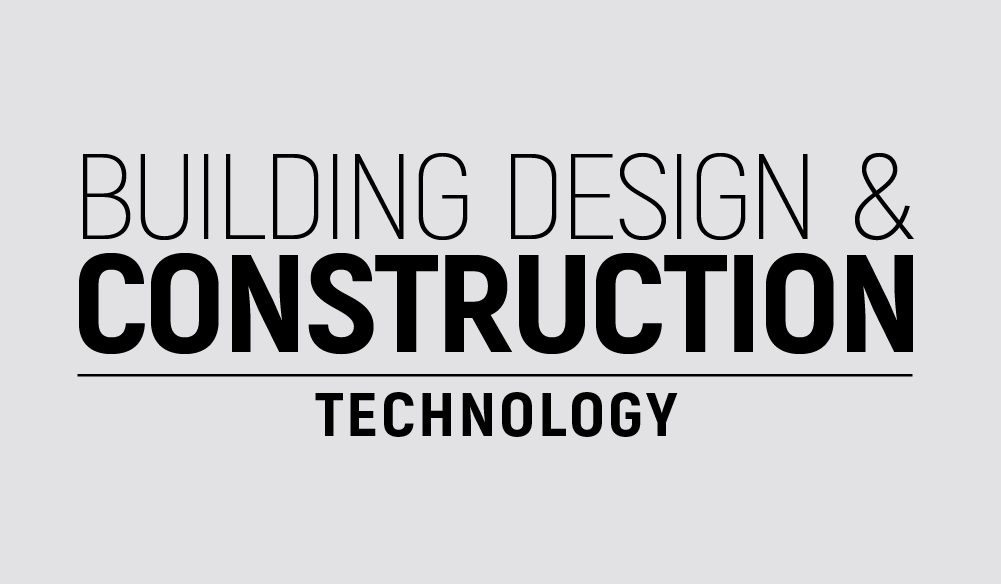Software plays a vital role in 21st Century construction, helping modernise the industry, improve efficiencies, and deliver better project results.
From the initial design process to eco-friendly practices, software is the cornerstone of modern construction, creating new jobs and fresh opportunities for a rapidly evolving workforce.
Design and Innovation
Design and innovation have moved from traditional times when the construction industry relied on blueprints and drawings to bring a project to life. Nowadays, you are more likely to view a proposed structure as a 3D model before any physical site work begins.
This enhanced method of design and visualisation is also supported by the growing presence of virtual reality and augmented reality tools, sparking a new period of digital software innovation and career opportunities. These new technologies allow designers and project managers to visualise exactly what a building or structure will look like before a brick has been laid and allow stakeholders to take a virtual stroll through the structure.
Project Management
One of the biggest advantages of software in the construction industry is its ability to enhance project management. Cloud-based solutions like construction enterprise resource planning (ERP) software help streamline processes and improve efficiencies across multiple teams so that projects run on time and within budget.
Another transformative technology in construction is supply chain management software, which offers a range of functionalities, from tracking the flow of materials to managing invoices and costs. The development of ERP and supply chain management software represents key growth sectors in today’s construction industry.
Communication and Collaboration
Clear communication and strong collaboration are essential in any successful construction project. Thanks to continued investment and the evolving development of modern software and apps, communication between construction teams has never been better.
Communication software keeps everyone in the loop and on the same page at every stage of the construction process. Any pinch points can be quickly identified and resolved so that problems resulting from poor communication are avoided. This not only delivers greater efficiencies for building firms, but it can also help reduce labour and other operational costs.
AI and Data Analytics
Artificial Intelligence (AI) and data analytics can transform most industries, and they’re already having a powerful impact on the construction world. These dynamic software tools can analyse every aspect of a construction project and provide data-driven information on which parts are working well and which are not.
Using this data combined with advanced tools, construction firms can adjust their outlooks and address specific issues to maximise efficiencies across the business, identify bottlenecks, and ultimately increase profit margins. AI is only set to create more opportunities in the future, with the market expected to grow from £16.8 billion to £801.6 billion by 2023, with construction poised to harness the benefits that brings.
Automation and Smart Machines
Automation has already replaced many manual, repetitive tasks in construction. But this ingenious feature of many software platforms will have an even greater influence in years to come, creating an abundance of opportunities for developers and engineers alike. By letting the software automate certain tasks, such as data manipulation, the whole sector can see productivity gains.
Similarly, drone technology allows construction teams to accurately monitor and assess buildings and structures to provide a clear and detailed picture for site managers. They can inspect sites from the air to identify problems that would be difficult to spot from the ground and provide a bird’s-eye view of areas that are dangerous to reach. Not only does this create a safer environment, but drone software can produce real-time data to increase efficiencies and boost productivity.
Advanced Sensor Technology
Sensor technology has made huge progress and continues to do so, relaying essential information back to project managers to act upon. These state-of-the-art sensors can be embedded into construction materials and equipment where they detect defects and structural weaknesses and give vital feedback on everything from air quality to the movement of site vehicles. By continuously monitoring the building process, firms can spot potential risks early and take appropriate action to reduce the probability of accidents or injury.
Similarly, construction companies are harnessing the advantages of IoT, or the Internet of Things, referring to the vast network of interconnected devices and apps that collect important data. This enables teams to monitor multiple aspects such as temperature and humidity as well as fuel and energy consumption to ensure maximum efficiencies across a project.
Eco-friendly Solutions
Like most industries, construction has a responsibility to reduce its negative impact on the environment for a more sustainable future in line with the UK government’s Net Zero 2050 target. With so many materials required for a project and so much waste produced, firms are under renewed pressure to adopt greener and more sustainable ways of working.
Construction software helps teams identify where improvements can be made to reduce waste, improve efficiencies, and lower their carbon footprint. Not only that, but this technology ensures maximum benefits are gained from any materials used on a project to create greener buildings and structures for all as well as a variety of career software development opportunities.
As you can see, technology is a driving force in construction already, and many sectors of the industry rely on it to achieve maximum efficiencies, streamline projects, and create safer and more sustainable working environments, buildings, and structures. As systems and techniques continue to evolve, a new world of career opportunities in construction software development and delivery will open up too.
Building, Design & Construction Magazine | The Choice of Industry Professionals





